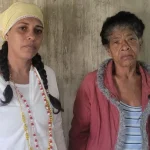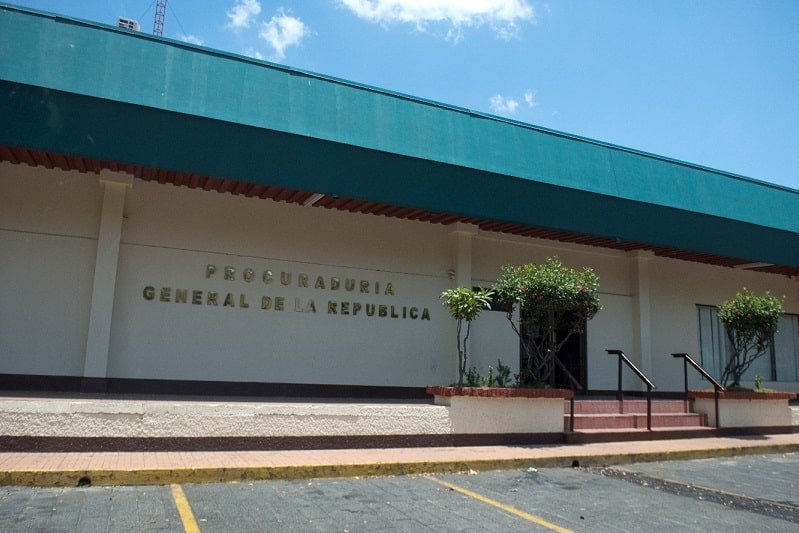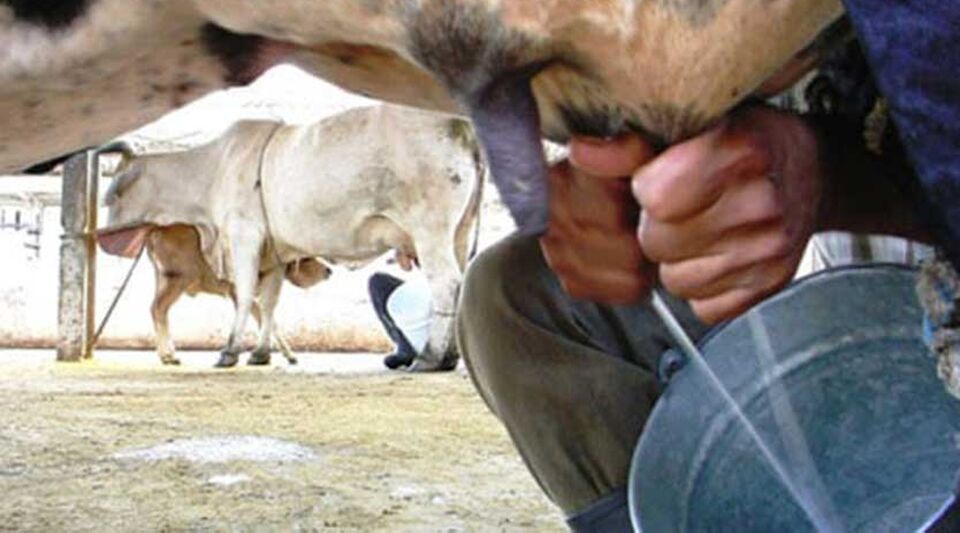AND
n days gone by, The Democratic Development Index (IDD-Mex) 2022 was published, which measures the democratic quality in the country at the federal level and in its entities. Prepared by various national and international organizations, the index yields data that experts describe as worrisome, since since 2021 the country has been at the lowest levels of democratic quality, with a national average of 4,264 points on a scale of 10.
No less worrisome is the situation at the state level. The state of Puebla, within the framework of this index, appears for the first time as the worst evaluated federal entity in the country, a place that Guerrero had occupied in the last five consecutive years. There are seven places in the index that our state has fallen in the last three years. Although Puebla has always been located in the last third of the index, the situation in recent years has traced a generalized decline curve in different indicators of democratic strength and stability measured in the social, economic, institutional, and citizen dimensions.
Other measurements corroborate the situation in Puebla revealed by the IDD-Mex; as is the case of the 2021-2022 Rule of Law Index carried out by the World Justice Project, which placed Puebla in the 27th national place in the area of efficiency in its criminal justice system and in the penultimate place in terms of guarantees and protection of fundamental rights. The IMCO, for its part, in its 2022 State Competitiveness Index, placed Puebla in the 25th overall position, standing out for being the state with the lowest score in the Stable and Functional Political System sub-index. Among the indicators of this sub-index, Puebla is located as the entity with the lowest electoral participation, the third state with the highest perception of corruption of political parties and the third with the highest number of documented attacks on journalists.
There is no doubt that the political inertia that has characterized the state in recent periods of government has contributed to the delegitimization of institutions and the loss of confidence in the state democratic system. Since the end of the mandate of Rafael Moreno Valle, in January 2017, Puebla has had six governors in six years, a sign of the instability and political volatility that has prevailed in the entity, with the understandable wear and tear in the intensity of citizen involvement. in participatory processes. Particularly the last government, headed by Miguel Barbosa Huerta, maintained approval ratings that were less than 40 percent, remaining the fourth entity with the lowest citizen approval of its state government.
The political and democratic context of Puebla has been anything but easy; and, facing the electoral processes of 2024, the rising tension and polarization in the national environment threaten to further reduce the democratic footholds in the entity. However, the changes in the ownership of the state government and in its cabinet, forced by the surprise death of Miguel Barbosa, have opened a new window of opportunity to amend and repair the institutional solidity, so that it allows the strengthening of democracy in all its dimensions. The arrival of Sergio Salomón Céspedes at the head of the government entails a new opportunity for Puebla to favor openness to dialogue and collaboration, the democratization of political practices and the prioritization of attention to the clamors of the Puebla reality, which day after day adds more victims of the crisis of violence, insecurity, impunity, inequality and poverty that the entity is experiencing.
In this sense, the recent approval of the l Hey Monsoon, which removes parental authority from people accused of feminicides; the approval of the acid Law, that classifies as attempted femicide attacks with some corrosive substance; as well as the Peace, Security and Justice strategic plan, which strengthens the state’s public security system, are fortunate indications that could announce a differentiating pattern.
We know that the challenge is complex, time is short and the risks involved in the imminent electoral process are numerous, but the greater urgency of society is to experience in its daily life the reflections of a different exercise of government, which puts in the center to the victims and the institutions at their service, from a perspective of inclusion, equity and justice.
Today Puebla once again has the opportunity to reverse the inertia that has characterized its recent history and vindicate its democratic vocation, its potential and its leading role in the national context. From this space we endorse the bet that not only the state government, but all the actors involved in this situation will decide to build a new horizon.

















